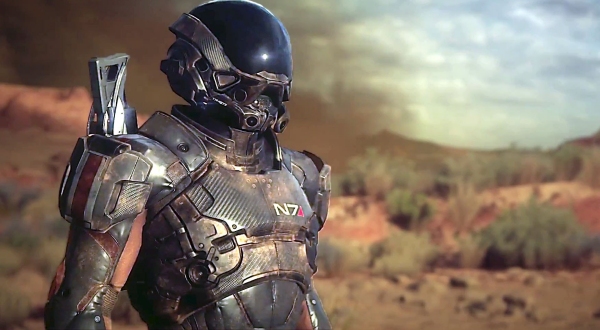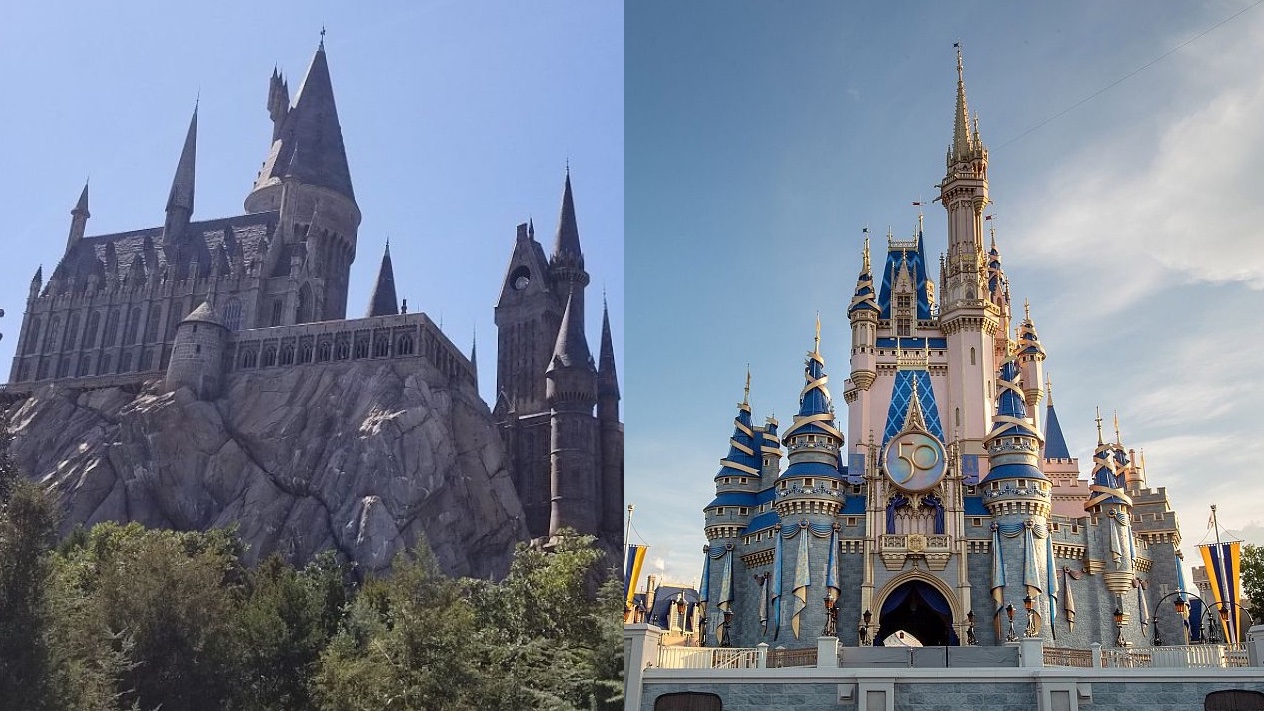The Reason Mass Effect: Andromeda Had So Many Problems

Five years of development time, a rumored $40 million production budget, and one of the most revered development studios in the gaming industry at the moment. Obviously that sounds like a recipe for success right? Wrong. Mass Effect: Andromeda was mired in controversy and there are some recently divulged reasons as to why it had so many problems.
Kotaku investigated the development behind the game, talking with a dozen or so people associated with the project. They discovered that there was trouble from top to bottom throughout development, and that the scope of the project changed so often that the majority of the work on the finished game that ended up in the hands of gamers was actually only in development for a year and a half.
Actual pre-production didn't start until 2013, according to the report. The pre-production phase included various BioWare veterans who would help shape and mold what Mass Effect: Andromeda would eventually become. However, most of the BioWare vets would move on to other projects or start their own studios, and they would leave the brunt of the work on the shoulders of the newbie studio, BioWare Montreal.
The general gist was to make a game that contained all the refined combat mechanics from Mass Effect 3, the strong story threads from Mass Effect 2, and improved exploration from Mass Effect 1. Originally they planned to make a No Man's Sky style procedurally generated universe, claiming it would be as emergent as Hello Games' space exploration title but with the AAA qualities of a BioWare game. Obviously that didn't happen.
The article notes that the team at BioWare put a lot of the blame on DICE's exceptional Frostbite 3 game engine, which they compared to a Formula 1 racer, saying whatever it does it does exceptionally well but whatever it doesn't do, it doesn't do it at all. The reason for this is that DICE designed Frostbite for engineers. They outlined in their GDC presentation that things like the ANT system (the animation system that the engine uses) and 4D performance capture are completely reliant on the skill of engineers. It's repeated throughout the presentation that the engine is highly reliant on those who understand how to utilize the Frostbite system to do what they need it to do.
Obviously, the engine has produced some of the most amazing games on the market with some of the best lighting, rendering techniques and facial animations to date, including Battlefield 3, Battlefield 4, and Battlefield 1. The people speaking to Kotaku said that they just didn't feel Frostbite was suited for making RPGs or open-world games, and struggled to get it work. This was a bit odd given that Mirror's Edge: Catalyst is an open-world game and performed quite well from a gameplay perspective. However, BioWare Montreal originally wanted procedurally generated planets akin to Star Citizen, and they couldn't figure out how to do this while also shaping a story around it.
Some of the BioWare Montreal team blamed the BioWare Edmonton team for trying to sabotage Mass Effect: Andromeda, while the Edmonton team said that the Montreal team just wasn't qualified for the task. By 2014 majority of the main gameplay systems still didn't work right, and procedural generation and space flight were not coming together. They also couldn't get a good handle on the Frostbite's ANT system for facial animation, and... well, we've all seen the results from that endeavor.
Your Daily Blend of Entertainment News
According to the report, they didn't finalize pre-production, the tools, the pipeline and the scope of Andromeda until summer of 2015. By the time actual work had begun it was already too late. Those who joined the team late told Kotaku that typically a lot of the stuff they were building in the actual production phase should have been designed in pre-production.
A lack of focus, a lack of scope, a lack of technical know-how, and a lack of proper management and oversight from Electronic Arts, coupled with only 18 months of actual development is what led to Mass Effect: Andromeda ending up the way it did. It's a real shame, because EA decided to put the series on hiatus after its critically mixed reactions and less-than-noteworthy sales. EA's CEO also announced that an oversight team would take closer inspection of BioWare's upcoming game, codenamed Dylan, to ensure they don't have a repeat of this scenario.
Staff Writer at CinemaBlend.

